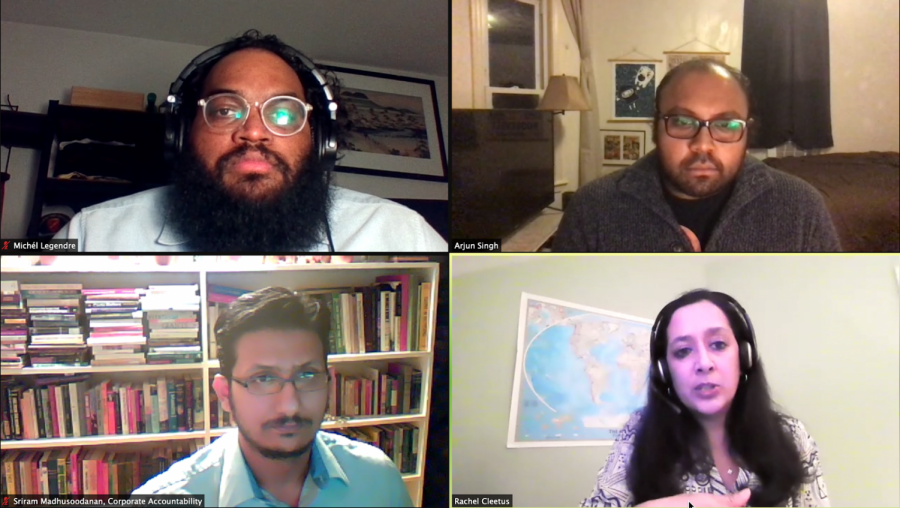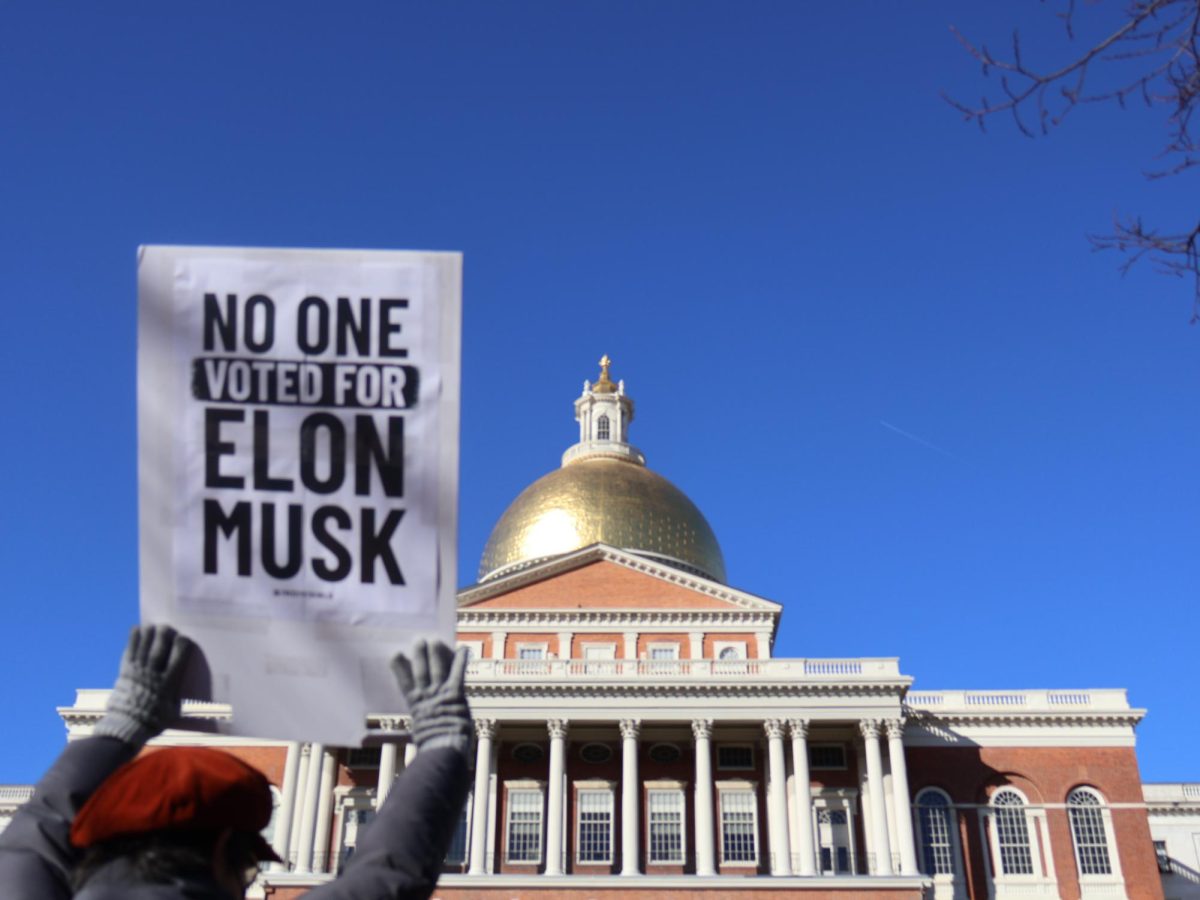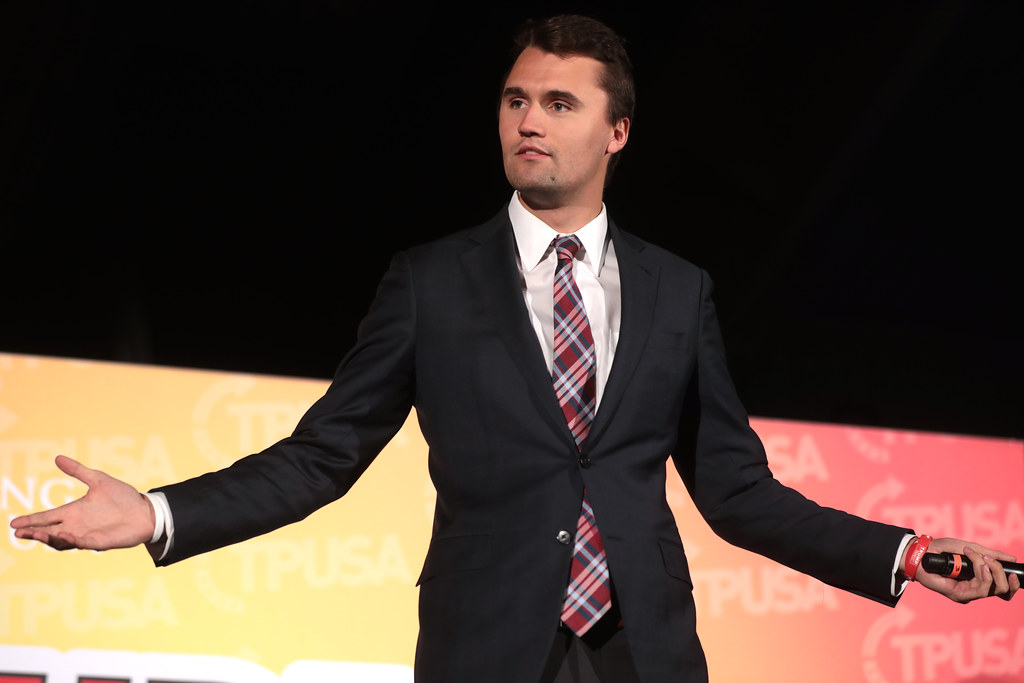Experts discussed how President Joe Biden plans to tackle climate and environmental policy at the fourth discussion in the Ford Hall Forum series, “No. 46: Examining the First 100 Days of the Biden Administration.”
The event was hosted by the forum and Suffolk University’s Department of Political Science and Legal Studies. Christina Kulich-Vamvakas, a Suffolk faculty member and an organizer for the event series, and Arjun Singh, a Washington Post journalist, moderated the event.
The first discussion topic that Singh brought up was whether the panel members were optimistic or concerned that the Biden administration will move quickly enough with climate policies.
One of the panelists, Rachel Cleetus, is a policy director at the Union of Concerned Scientists’ Climate and Energy program.
Cleetus said that she was glad to see that the administration was “centering science in all of their policy making, making it very clear they understand science, understand that we are living in a climate emergency.”
Michél Legendre, a panelist and an associate campaign director at Corporate Accountability, commented on his relief for climate reform after Biden was elected.
“I’m both relieved and a little bit skeptical… a lot is remaining to be seen. I have hope in the movement and the moment that we’re in, and I’m waiting to see if Biden will step up to the plate,” said Legendre.
Sriram Madhusoodanan, who works at Corporate Accountability as a deputy campaigns director, commented on Biden’s plan for environmental reform.
“Is [Biden] willing to make the bold commitments that he campaigned on? Is he willing to really adhere to the science and what frontline communities in the US and globally are calling for?” he said.
Madhusoodanan explained what kind of hand the fossil fuel industry had in the politicization of climate change. He spoke about how companies have put money into making the general public doubt that climate change was real.
Biden ran on a campaign of climate change policies, and his supporters are waiting to see what he will do now that he has taken office.
Legendre said these policies were outdated, and would have been revolutionary years ago.
“A lot of the executive orders that Biden pushed through would have been great 10 years ago, but it’s not what this moment calls for. It’s a great start,” he said.
Cleetus, a leader for a program that helps design and advocate for climate change policies, was asked about the global challenge of climate change.
“The people who have contributed the least to the problem are now facing the brunt of its worst impacts,” she said.
Cleetus brought up the fundamental injustice of climate change, and how it disproportionately affects people of color and low income individuals.
Jobs are a major talking point when it comes to climate change initiatives. Singh asked the panelists what their thoughts were on how environmental policies can affect the job market in America.
Legendre spoke on the effects of the oil and gas industry in neighborhoods like the one that he grew up in, where these industries were located.
“We don’t talk enough about the cost of these jobs for the communities themselves,” he said.
He went on to speak about how it hurts a community’s food and water sources and their surrounding environments.
The Forum opened up questioning from Suffolk students. Matt McKenna, a graduate student, asked how important the United States’ actions were to the global approach to climate change.
Madhusoodanan responded about how the United States needs to do its fair share and ensure that other countries are supported in moving away from fossil fuel economies.
Singh ended the forum with a question about what the panelists would tell someone who doesn’t see a path forward for climate change policies.
“We don’t have the right to give up. There’s too much at stake… We as a movement can’t give up, that is not an option,” said Cleetus. “It is the future of our planet, the future of generations to come and it is the future of people right here, right now.”
Follow Hailey on Twitter!@HaiIeyCampbell




















